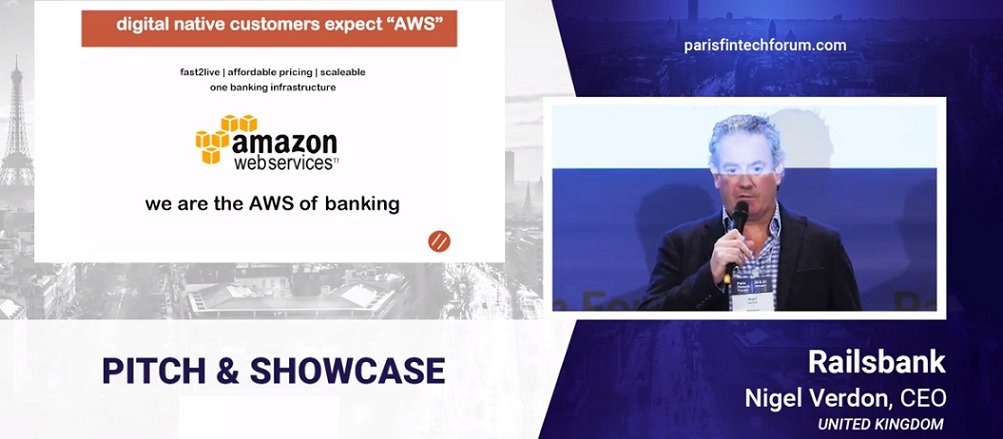
Railsbank, the open banking and compliance platform, has picked up further investment, following the company’s $10 million Series A in September 2019.
This time backing comes from Visa. The exact amount isn’t being disclosed, though sources peg it as “several million” U.S. dollars, according to techcrunch.com.
In addition to investment, Railsbank is announcing that it has signed a five year partnership with Visa to deliver Banking as a Service (BaaS) innovation in Southeast Asia, and recently became a Visa “principal issuing” member.
Railsbank co-founder and CEO Nigel Verdon, who previously founded Currencycloud, says the partnership with Visa signals the fintech’s intent to be “the most innovative banking platform business” in Asia-Pacific. “Our API focused platform is the simplest way for any business or brands to quickly conceptualise, build and launch digital finance products that easily incorporate Visa’s product suite and capabilities,” he adds.
Railsbank is headquartered in London, but also has offices in Singapore, Lithuania, the Philippines, Vietnam and Sri Lanka. Meanwhile, it could announce U.S. expansion plans in the coming weeks.
More details about Railsbank
Banking 4.0 – „how was the experience for you”
„To be honest I think that Sinaia, your conference, is much better then Davos.”
Many more interesting quotes in the video below: